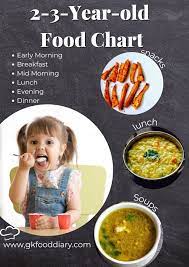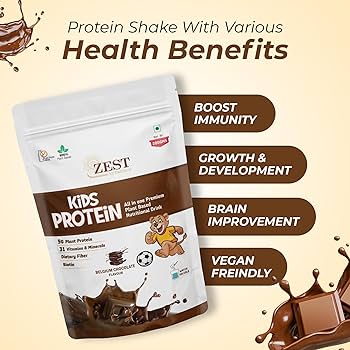Introduction:
In the modern era, where convenience often takes precedence over nutrition, parents face a daunting challenge in ensuring their children receive adequate nourishment. Amidst busy schedules and hectic lifestyles, the market offers an array of nutrition drinks targeted towards kids. However, the question arises: Are these drinks truly beneficial for our children’s health? In this comprehensive guide, we delve into the realm of kids’ nutrition drinks, examining their ingredients, benefits, and potential drawbacks to empower parents with informed choices.
Table of Contents
Understanding Kids’ Nutrition Needs:
Before delving into the world of nutrition drinks, it’s imperative to grasp the unique dietary requirements of children. Growing bodies demand a balanced intake of essential nutrients including proteins, carbohydrates, fats, vitamins, and minerals. Adequate hydration is also paramount for optimal growth and development.

Children are available in all sizes and so do their power requirements. Therefore we no longer deliver unique numbers while we communicate approximately the caloric desires of children. Children aren’t any one of a kind from adults, in addition, they make use of a primary component in their strength for basal metabolic sports i.e.Breathing, circulation, respiration, etc.
The final power is taken up with the aid of using the everyday sports they indulge themselves in. Some kids tend to be greater energetic than others, they pick walking the whole day. Such children’s caloric desires could be greater than that of a baby who likes to take a seat down in a single vicinity and play.
What Are Kids’ Nutrition Drinks?
Kids’ nutrition drinks are specially formulated beverages designed to supplement children’s diets with essential nutrients.

These drinks often come in various forms such as powders, shakes, or ready-to-drink bottles. They typically boast a blend of vitamins, minerals, protein, and sometimes fiber, purportedly offering a convenient solution to meet children’s nutritional needs.
The Ingredients Breakdown:
While marketed as nutritious, not all kids’ nutrition drinks are created equal. Parents must scrutinize the ingredient list before making a purchase. Ideally, these drinks should contain wholesome ingredients such as

- Protein sources like whey protein isolate or plant-based alternatives.
- Essential vitamins include A, C, D, E, and K.
- Minerals like calcium, iron, and magnesium.
- Healthy fats are derived from sources like coconut oil or omega-3 fatty acids.
- Natural sweeteners such as stevia or fruit extracts.
Avoid products containing excessive sugars, artificial additives, and preservatives, which may negate any potential health benefits.
Benefits of Kids’ Nutrition Drinks:
When chosen wisely, nutrition drinks can offer several advantages:
Convenience: Busy schedules often leave little time for elaborate meal preparations. Nutrition drinks provide a quick and hassle-free way to ensure children receive essential nutrients on the go.
Nutritional Support: For picky eaters or children with dietary restrictions, nutrition drinks can bridge the gap by providing key vitamins and minerals they may be lacking in their diet.

Promotes Growth and Development: Adequate nutrition is pivotal for children’s growth, cognitive function, and immune health. Nutrition drinks enriched with essential nutrients support overall well-being and development.
Hydration: Some nutrition drinks contain electrolytes, aiding in hydration, particularly during physical activities or in warmer climates.
Potential Drawbacks and Considerations:
While kids’ nutrition drinks offer convenience, there are certain considerations to bear in mind:
Sugar Content: Many commercially available drinks are laden with sugars, contributing to excessive calorie intake and potential health issues such as obesity and tooth decay. Opt for products with minimal added sugars or seek alternatives sweetened with natural ingredients.
Artificial Additives: Some nutrition drinks contain artificial flavors, colors, and preservatives, which may have adverse effects on children’s health. Choose products with clean ingredient profiles devoid of synthetic additives.

Caloric Intake: While nutritious, these drinks should complement a balanced diet rather than serve as meal replacements. Monitor children’s overall caloric intake to prevent excessive consumption, which could lead to weight gain.
Allergens: Parents should be vigilant regarding potential allergens present in nutrition drinks, particularly dairy, soy, nuts, and gluten. Opt for allergen-free or hypoallergenic options if necessary.
Conclusion:
In conclusion, kids’ nutrition drinks can be a convenient tool for ensuring children receive essential nutrients vital for their growth and development. However, careful consideration of ingredients, sugar content, and overall nutritional balance is paramount. By making informed choices and prioritizing whole, nutrient-rich foods whenever possible, parents can nurture their children’s health and well-being effectively. Remember, the key lies in balance, variety, and moderation when it comes to catering to our little ones’ nutritional needs.

